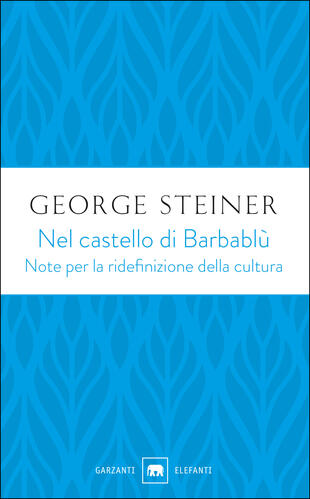

Sinossi
Il nostro rapporto con la verità è quello della ricerca. Seguendo la folgorante metafora di George Steiner, ci sentiamo costretti ad aprire, una dopo l'altra, tutte le porte del Castello di Barbablù: lo facciamo perché ce le troviamo di fronte, e perché ognuna di esse conduce alla successiva. Lasciare chiusa una di quelle porte, significherebbe tradire l'atteggiamento indagatore, avido di sapere, che contraddistingue la nostra specie. Questa convinzione è profondamente radicata nel carattere occidentale, almeno dai tempi di Atene: la mente umana deve procedere incessantemente nella sua ricerca, lungo un progresso in sé naturale e meritorio. Tuttavia questo atteggiamento, che sta al cuore della nostra idea di cultura e della nostra civiltà, attraversa da tempo una crisi profonda, segnato dal tramonto dell'ottimismo illuminista (malgrado i successi innegabili di scienza e tecnologia), dai genocidi dell'ultimo secolo di storia, ma anche dalle minacce dell'inquinamento. Nel castello di Barbablù coglie con profetica lucidità le ragioni di questa crisi, e ci aiuta a capire le nostre prospettive nell'epoca della «post-cultura».
- ISBN: 8811132835
- Casa Editrice: Garzanti
- Pagine: 129
- Data di uscita: 23-06-2011

